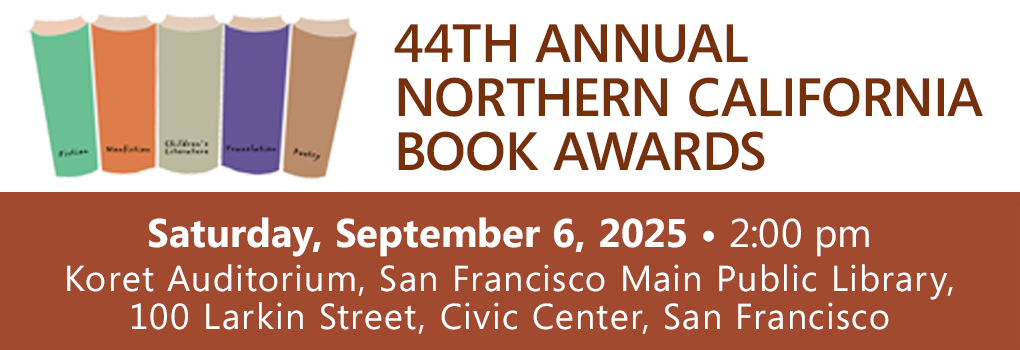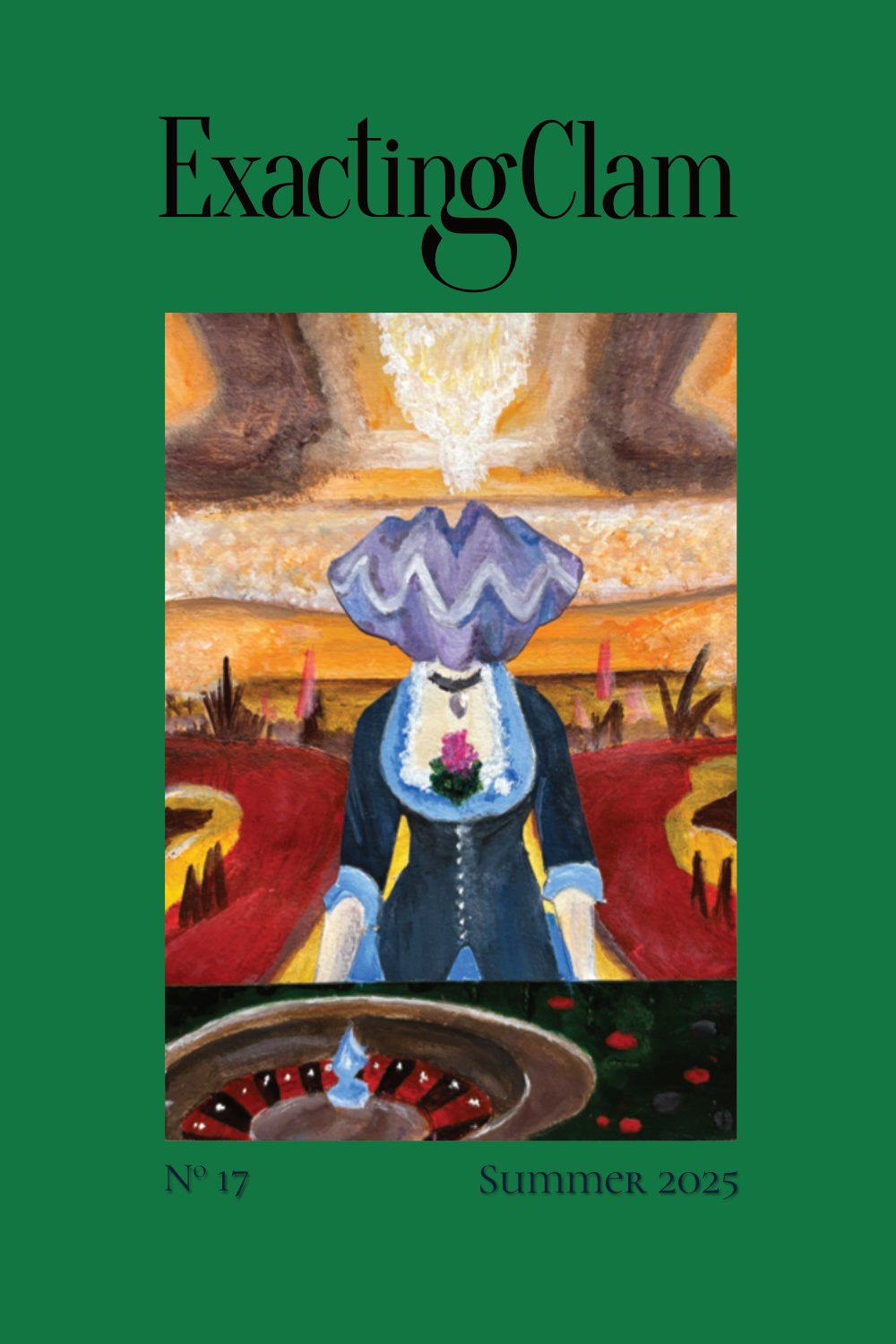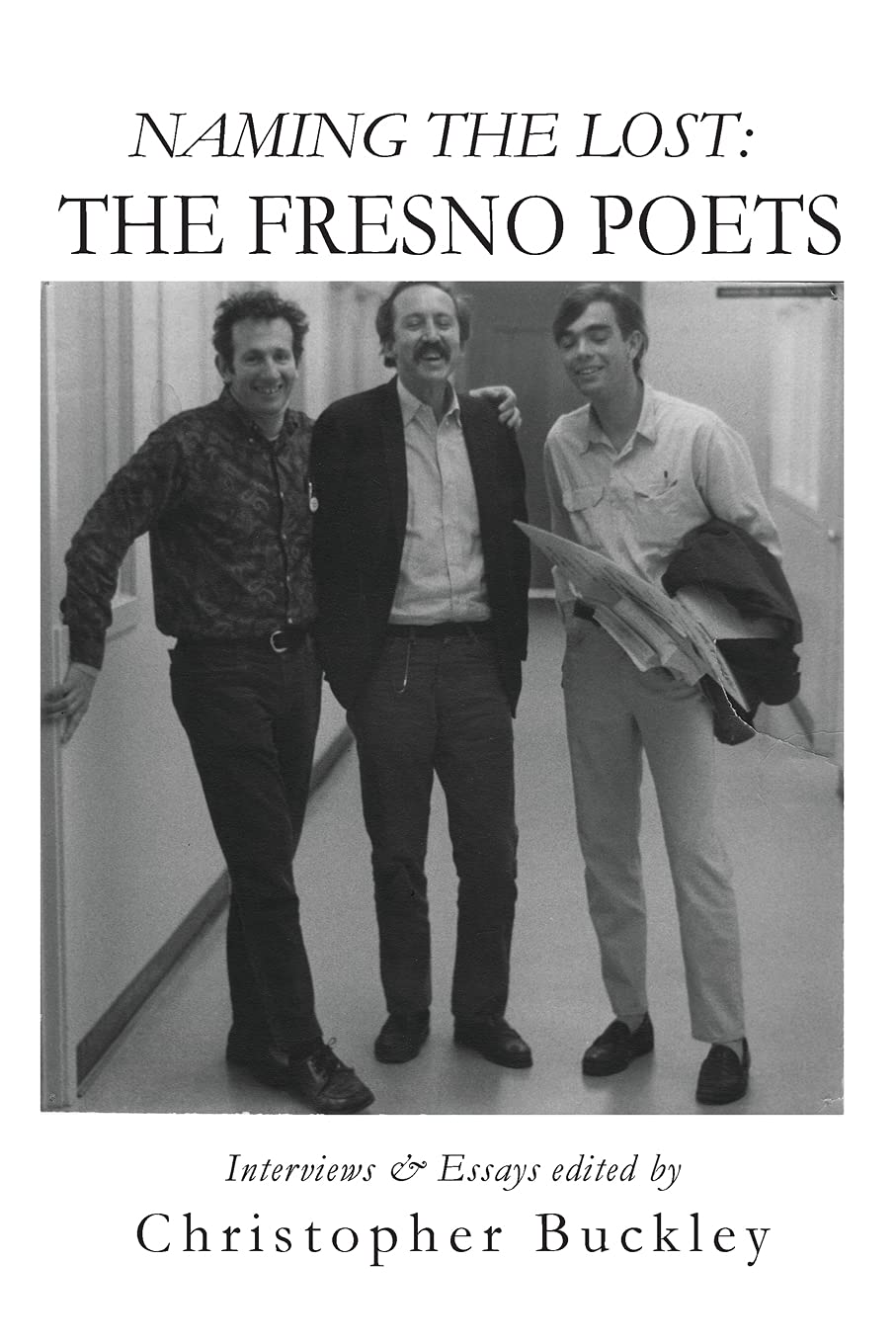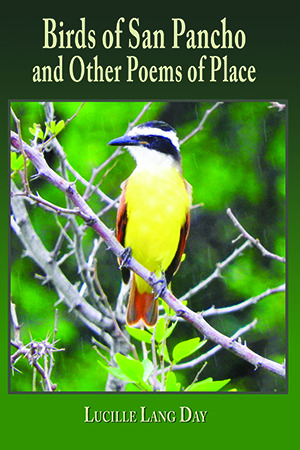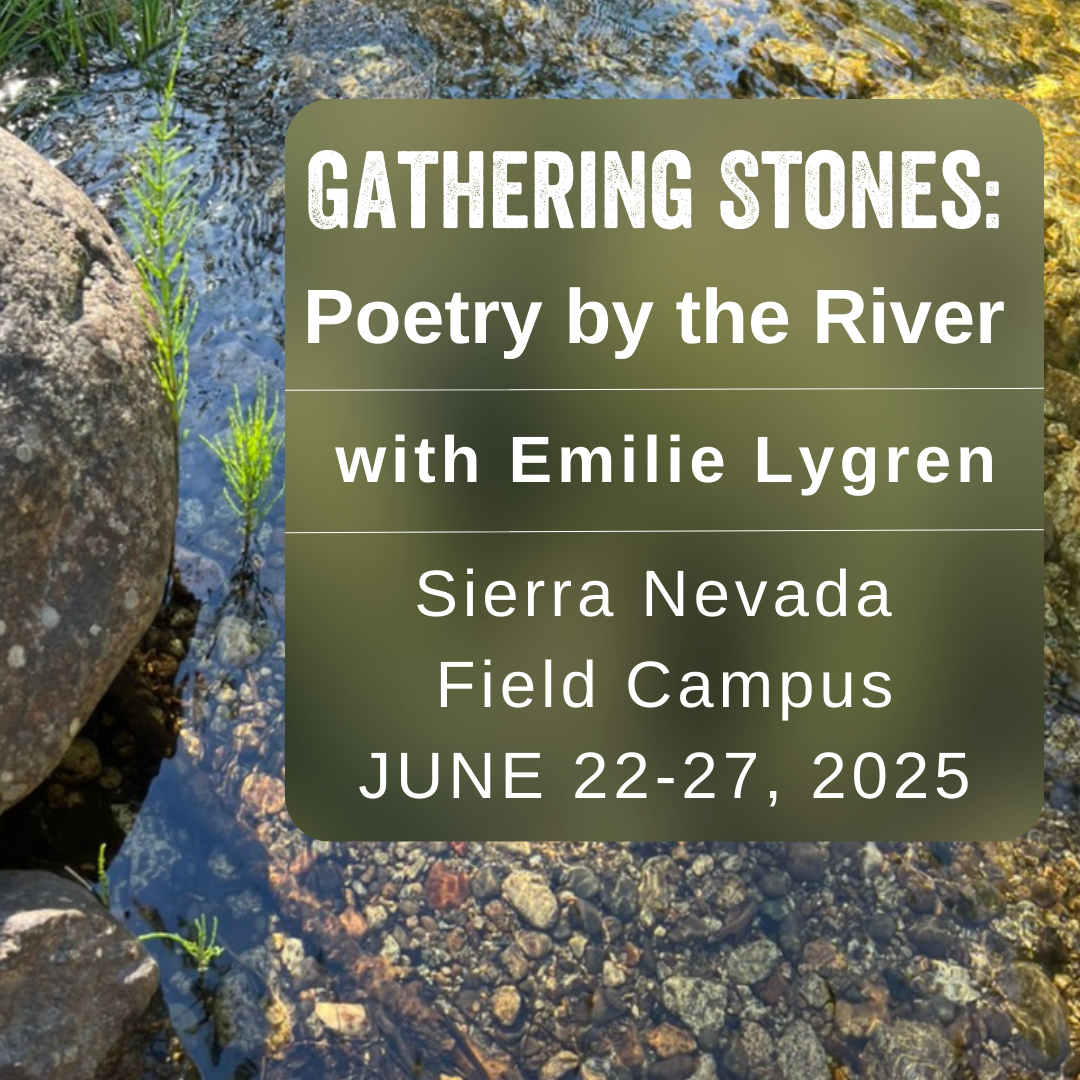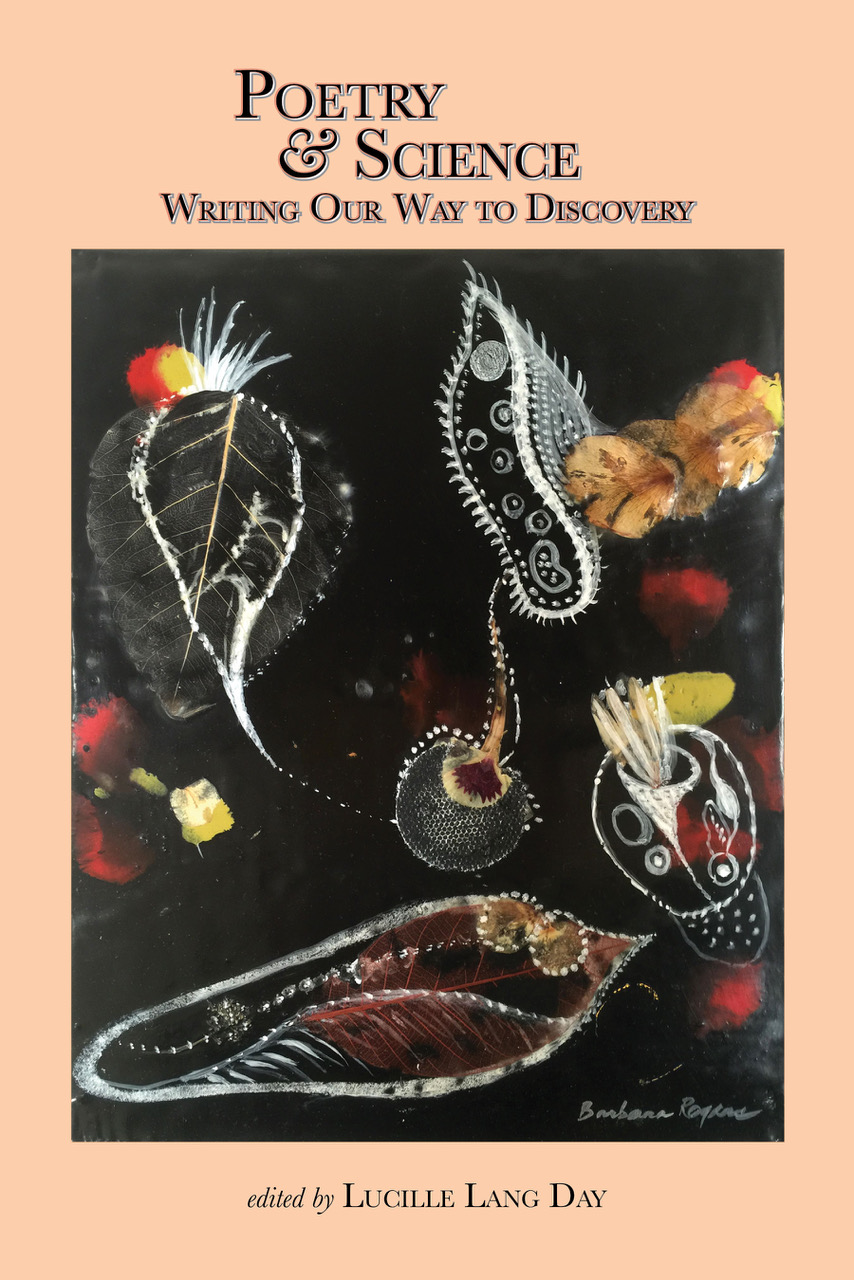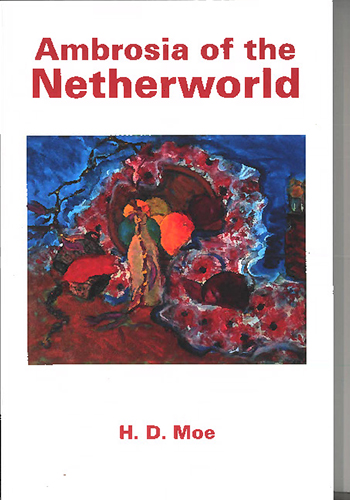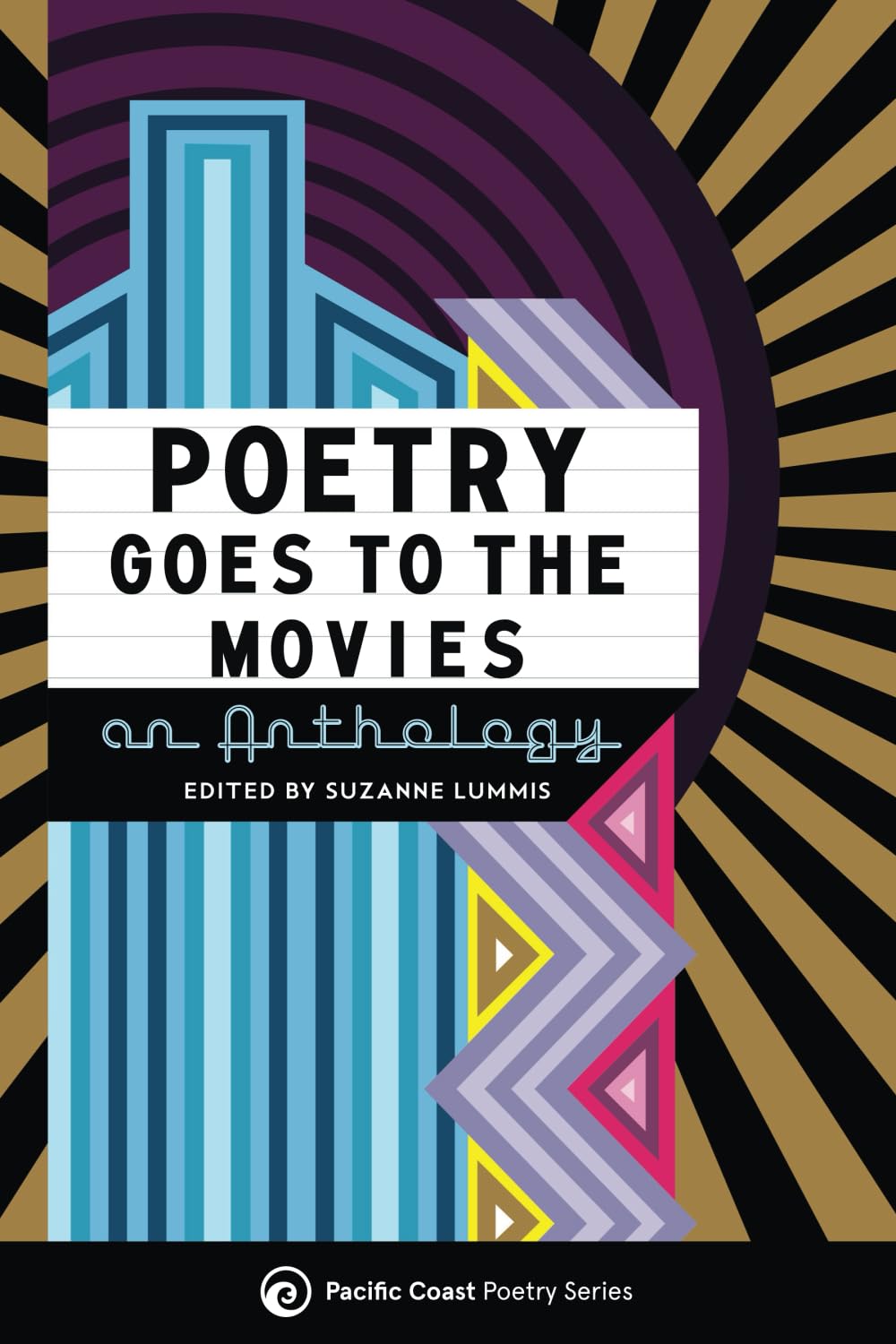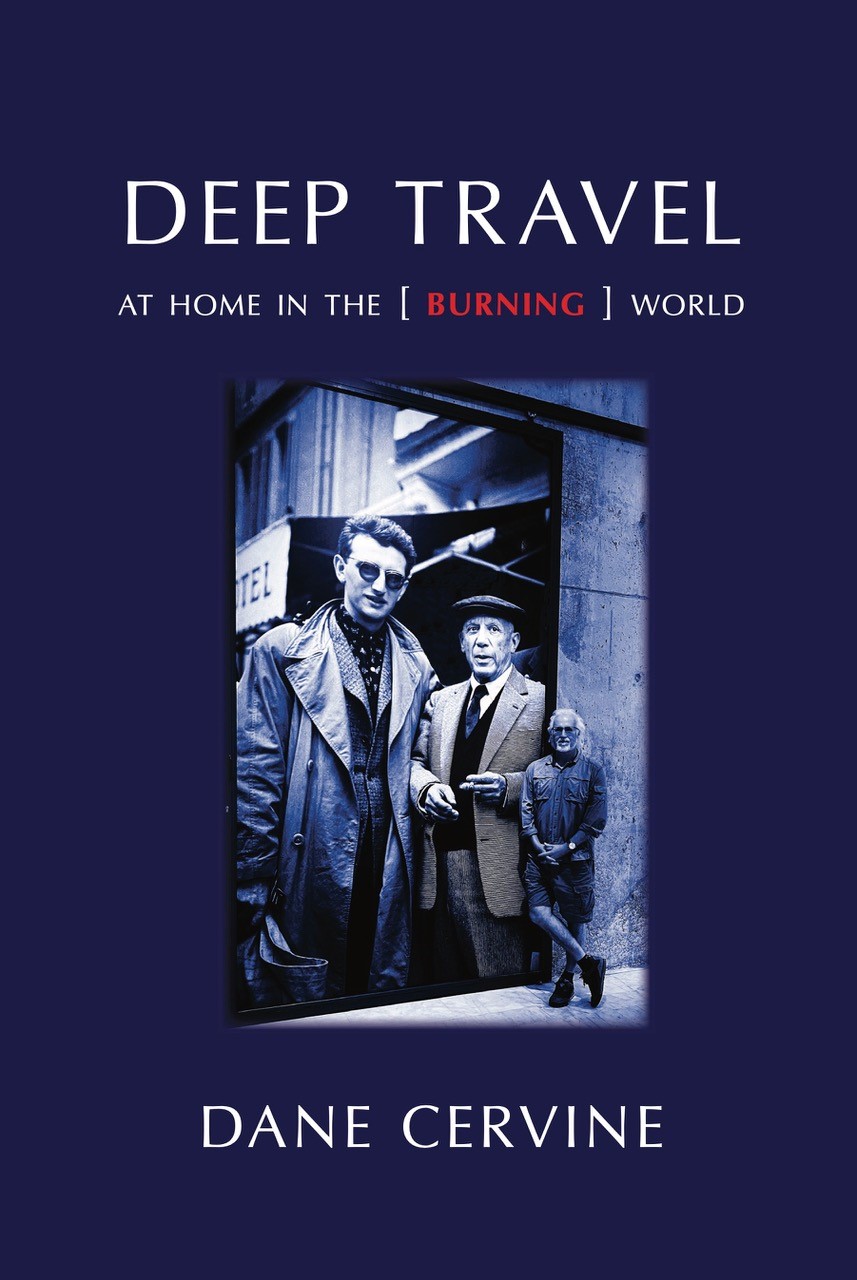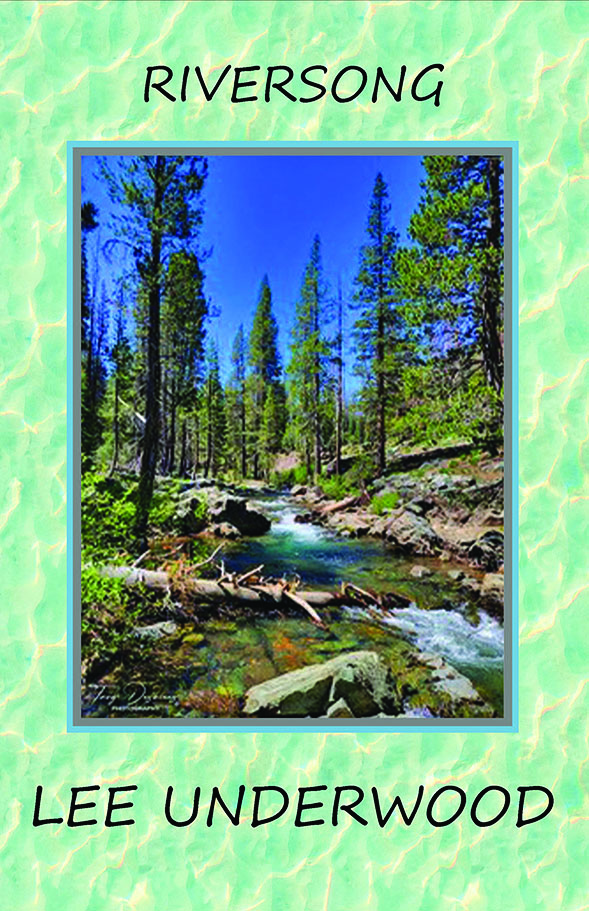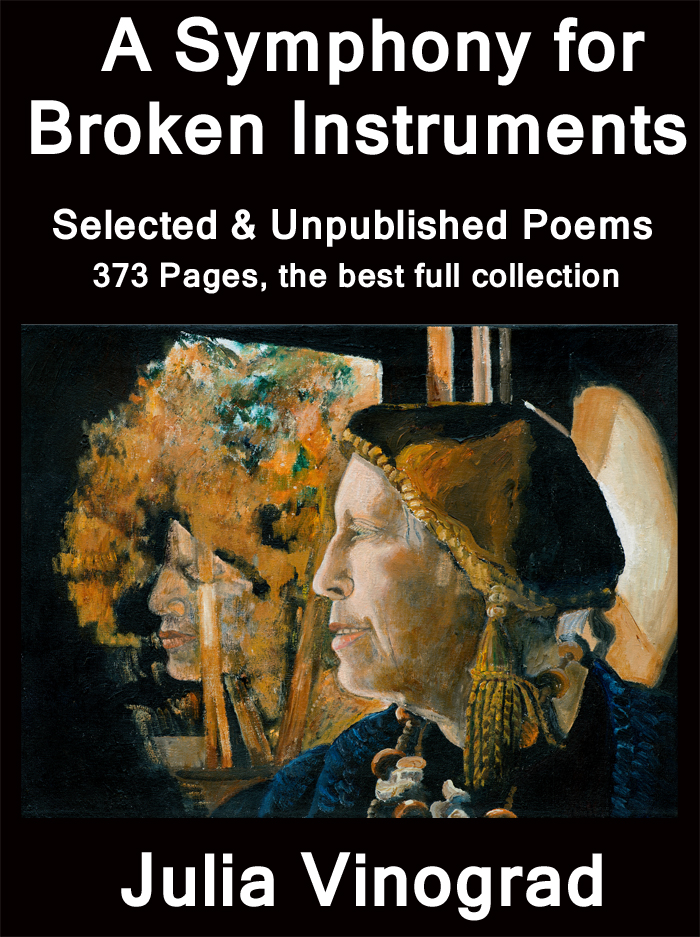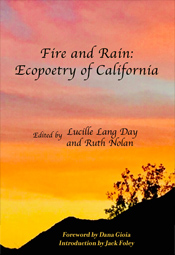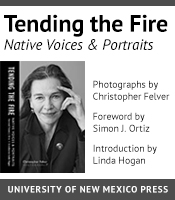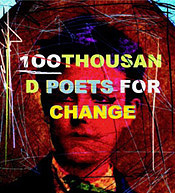
Restless Spirits
An Interview with Cecilia Woloch
by Amy Pence
IT'S TOUGH TO KEEP TRACK of the poet Cecilia Woloch. In the spring, you'll find her teaching in a small college in Georgia. By May, she's in a Paris café, surrounded by aspiring poets enrolled in her workshop. July finds her in that small cabin in the Carpathians, tracking down the mystery of her Roma grandmother.
The title of her first novel Sur la Route, published in 2015, perfectly captures Woloch's on-the-road lifestyle where travel and poetry interweave. Her collection Earth (2015), joins her five other books of poetry, including Carpathia (2009), and Late (2003). Her second collection, Tsigan: The Gypsy Poem, was published in French translation as Tzigane, le poème (2014) and has been adapted for multi-media performances in the U.S. and Europe. She's the recipient of fellowships from the National Endowment for the Arts, the California Arts Council, and Chateau de La Napoule Retreat for Artists, CEC/ArtsLink International, and the Center for Theater Development.
A gifted teacher, she has taught poetry to thousands of students: children in Los Angeles, participants in Elderhostel programs, inmates at a prison for the criminally insane, and residents at shelters for homeless women and their children. She was on the Creative Writing faculty at USC and more recently taught in the MFA program at Georgia College and State University. Although based in Los Angeles, poet Cecilia Woloch travels six months of the year. She's collaborated with visual and theater artists, musicians, dancers, and filmmakers. She was the founding director of Summer Poetry in Idyllwild, The Istanbul Poetry Workshop, and Paris Poetry Workshop and leads independent workshops around the world.
Amy Pence: The last poem, entitled "Afterlife," in your most recent chapbook, Earth, has the line "I want to be all in one place, at last, but vast…" That you want to be "all in one place" reminds me of your very intrepid lifestyle, teaching in several places and to several audiences, and often outside academia, and as a wanderer through many countries. Tell me about your wild journeys.
Cecilia Woloch: I guess I was born this way—isn't that a Lady Gaga song?
My father's nickname for me, when I was a little girl, was Tsiganka, which translates as little Gypsy. His mother had been called that; it's possible there's Roma ancestry on that side of my family. Also, I'm told that Tsiganka was a term of endearment for any dark-haired little girl in that part of the world, though Tsigan and Gypsy are sometimes considered slurs. I think it was a self-fulfilling prophecy for me.
I took my first airplane trip alone when I was twelve or thirteen, from Pittsburgh to Washington, DC. Because my dad was an airplane mechanic, I flew for free. I've been flying ever since. It was a big shock when I had to start paying for airplane tickets at twenty-one.
My family had moved from Pittsburgh to rural Kentucky when I was in my early teens. We took root there, and I loved Kentucky—I still love it, in my way—but I think a fundamental restlessness had taken hold of me by then, and this insatiable curiosity about the world, which my father fed when he studied maps with me, and my teachers fed, and my love of books, which are also other worlds.
I think that line in "Afterlife" has to do with wanting to be everywhere all at once, and hoping that that's what the afterlife might be like.
AP: You have a very distinctly precise and sensual style of writing. What wisdom helped you to develop your voice, and keep your personal style always in view?
CW: James Baker Hall said "Don't let your worldly ambition drive a wedge between you and the work that is most sacred to you." Words to live by. He believed it was his business not to let desire for status or recognition interfere with how he wanted to live and the work he wanted to make. He's right, because I think it can.
I had an experience very early on in my life as a poet. It was kind of kairos, or defining, moment for me. I was a young poet in Los Angeles from around 1979 to the mid-1980s. It was the days of punk rock, and I was part of a wonderful counter-culture community of poets and artists and musicians. A lot of my friends were in punk bands. None of us were thinking of being part of the establishment, but there was a beautiful literary magazine that was being published in those days that was called Poetry LA, and I thought the poems were the bomb. I wanted to see my work in those pages because I wanted to write poems that were that good, but I wasn't yet. I would send my poems in; they would come back rejected, and I took it personally. It affected my relationship with my writing, which was still a fragile relationship. Then I caught myself revising poems so they would be more like the poems in those journals. I realized how dangerous that was. So I literally took a vow. I lit a candle and I bowed my head that I wasn't even going to try to publish anything for five years. The five years turned to seven, and that was all right. Because it was L.A., it was the '80s; there were poetry readings everywhere. I realized that's a kind of publication too.
In those days the L.A. poetry community was still very cohesive because of our underdog status. There wasn't a lot of publishing being done, and we didn't care that people in New York and San Francisco didn't take us seriously. There was a punk rock, old hippie ethos and Venice Beach scene, and there was Beyond Baroque, where the members of the band X had formed. One of my first featured readings was at a coffee house called Gasoline Alley. I read alongside Wanda Coleman, who was a major literary figure. She treated me like a little sister. The hierarchy of someone who "has a book" and someone who "doesn't have a book" didn't exist.
I read these weird poems I was writing at the time, most of which never got published because they weren't that kind of poem yet; they were still developing. But people were so engaged with one other's work that friends in the audience, like the poet Scott Wannberg, who died in 2011, were writing poems back to me, and sending them to the front written on the back of flyers. There was incredible energy.
So, the need to see my work in print went away for a while. After seven years, I started sending my work out for publication. I still got rejections, but they didn't bother me. I don't know anyone who is less bothered by rejection than I am. Maybe it's because I took that break, and I just don't take it personally. Sometimes I get a rejection that I think is very personal, and I laugh. But I started to get some acceptances then too. My work was accepted by Poetry LA in the most wonderful, beautiful way. The editor Helen Freedland asked me to read at the publication party, and she talked about me, and my work, as if I were a real poet. I realized that it was definitely worth the wait.
AP: Your preoccupation with your grandmother reminds me of a line you quoted in one of your workshops from Rob Brezny: "Treat your obsessions as if they are holy—"
CW: Yes, "as if they're direct instructions from God." Good advice for all poets, really, although Brezny is an astrologer [and poet], and his advice was to those born under the sign of Scorpio.
There are healthy obsessions and unhealthy obsessions, but I think my obsessions have served me pretty well; they've led me where I needed to go. My obsessions with language, writing, travel and my paternal grandmother—trying to find out who she was and why she disappeared the way she did—all seem to me to be of a piece. Maybe it's all one obsession. The desire to move between worlds, to be elsewhere and to be nowhere in that liminal space between places seems to me to be part of the creative process. My desire to be nowhere and everywhere is also somehow like the space my grandmother has occupied in my life—she's been both a presence and an absence. I've been obsessed with her erasure, which became a guiding principle of my whole life.
My father's mother vanished, and most of her story along with her. A lot of women, through history, have disappeared or been disappeared and their stories erased. But my father's mother's erasure has seemed to me especially brutal and especially mysterious. No one would say what had happened to her. The rest of her family, out of fear, or guilt, or shame, would barely say her name out loud. My father always told me I was "just like her," so how could I not become obsessed?
To understand anything about her life, I felt I would have to find the place where she'd been born—a village somewhere in the Carpathian Mountains. No one seemed to know exactly where it was. It became an almost mythical place for me. I wasn't sure it really existed. When I was growing up, the Carpathians were part of the world that had disappeared behind the Iron Curtain, so I'd been obsessed since childhood with getting behind that curtain to find what was hidden from me. Then finding that village became an excuse for my wanderlust, a reason to keep moving.
AP: How were you able to travel so much as a young poet and to make a living?
CW: In the early 1990s, I was supporting myself by working as a Poet-in-the-Schools in Los Angeles, and leading workshops for the writing staff at Disney's Imagineering Division. When my father had a stroke, I wanted to spend more time in Kentucky so that I could be with him. So I let the people I was working for know I would only be available during certain months of the year, and I increased my rates. I was surprised when that made demand for my workshops go up; but I was good at what I did and had a reputation by then. So that became my pattern: I found I could work hard for months at a time in L.A., teach a lot of workshops, save up money, then I could leave for two or three months to go Kentucky, and then increasingly, to Europe. Being on the road, being in that liminal space, seemed to be good for my writing. I finished the poems for my first book during this period. I started to give readings and lectures wherever I went, and to organize workshops for other writers in Europe. My life became "of a piece," something I was creating and crafting, consciously or unconsciously, as I went along. My life fed my work, and my work fed my life. When I started teaching at the university level, I was able to integrate my life on the road with my life in the classroom; my experience in the world, as a poet, was part of what I had to offer my students, something unique that I could offer them.
When I was on the faculty at USC, I created a month-long program for undergraduates called "The Poet in Paris," modeled on my experiences as a young poet there and drawing on the network of friends I'd made in the literary community. Students have told me their time in Paris was a life-changing experience, as my own time in Paris had been for me.
Moving between different worlds, moving through different landscapes, gives me access to other creative sources, maybe deeper sources, and it keeps me alive to the world. When you travel the way I've traveled—alone, and as cheaply as possible, and often without a set itinerary—you have to be willing to transform along the way, to move outside of yourself. Helene Cixous said, "Exile is an uncomfortable situation. It's also a magical situation."
AP: That's fascinating. You differ from many poets who will settle down, and nest, so to speak. You seem to thrive on rootlessness rather than nesting. I'm thinking of your poem "The Passionate Suitcase." The "you" in the poems seems to be poetry itself; there's the idea that you will travel to find poetry where you may:
The Passionate Suitcase
I fall out the door on my way to you—and the passionate suitcase—the old
one, so many times strapped back together—comes unstrapped. The leather
ties slap at my calves like tongues. The five silver dollars I got from my uncle
for spelling Mediterranean Sea roll along the ground. I believe the moon
blinks. Once.
I fall out the door on my way to you one terrible night and the passionate
suitcase unhinges its mouth the way children sob. My clothes lie in puddles
at my feet. Pools of rice, pools of soft lingerie. Which is more than the traffic
of leaving; more than I'd wanted to kneel, gather up.
I fall out the door on my way to you with the passionate suitcase I've carried
so long flapping its one broken arm in the breeze. It spills all the words in the
street like coins. The words for desire and regret. I fall out the door on my way
to you. The night slams shut. I don't look back.
Can you talk more about this orientation to your poetry and what you find in your travels?
CW: Oh, "I fall out the door on my way to you…"
AP: The "you" may have begun as a certain person…but, it seems as if you're talking about poetry.
CW: That's interesting. I think you're probably right, but I never thought of it that way. Sometimes you write a poem and you don't really know what you're saying until afterwards, and even then you only think you know. I once thought the "you" in that poem was a lover, and maybe it is, but I also think that "you" could be poetry, or a very particular muse, that grandmother of mine. As I've said, my grandmother's story gave me a reason to keep traveling, to keep making more connections, to keep going farther thinking that would somehow get me to this almost-imaginary place called the Carpathians.
I eventually met a writer named Sarah who lives in the Carpathians. My journey to see her took me from southern Germany to Berlin to Warsaw to Krosno, the nearest town to her home. I barely made the train, and nine hours later, I was still on that train moving through the cold and the dark.
We got into Sarah's tiny orange Fiat and drove deeper into the countryside, into the dark hills and the starlight. Sarah told me about a friend of hers who refused to travel at speeds of more than thirty kilometers an hour, because his soul couldn't keep up with his body. I told Sarah that it was only when I was in motion that my body could keep up with my soul. I hadn't known it was true until I said it. But I had this very visceral sensation that my body had caught up with my soul, and that this was where I'd been heading all along. Maybe it was an ancestral thing, or maybe it had to do with finding myself in a landscape that seemed to match my inner landscape, but it seems that it's only when I'm traveling that my body and soul are in synch.
AP: Were you able to unravel some of the mysteries about your grandmother?
CW: Yes, that first night, when we finally got to Sarah's and her husband Lukasz's house, I warmed up by the woodstove, and Lukasz poured me a glass of cherry vodka. Her husband helped me track down where my grandmother had lived. A day or two later, we drove to this strangely empty village and went to meet the village priest; he took us to meet the oldest woman in the village, who confirmed that my grandmother's family had lived there.
So I started going back to the Carpathians every year, for weeks or a month or more at a time, and sometimes I went twice a year. After the first few years, I rented an old farmhouse down the road from Sarah and Lukasz's place so that I'd have the solitude I needed to write. I had to learn to draw water from a well and build a fire in a wood stove, and sometimes I felt afraid at night, in that old house in the middle of a field–but it was always fruitful and restorative. It's a haunted landscape, a place where a lot of terrible history has played out, and a lot of it has been hidden, so it's taken me over a decade to make any sense of that history and to understand my family's place in it. I've done a lot of intensive work there on the nonfiction book I'm writing about my grandmother. My time in the Carpathians has also fed my poetry, of course, and the relationships I've built along the way have nourished me creatively and spiritually and, really, in every way.
AP: Carpathia is the title of your fifth book, and it sounds like it's become one of your many homes away from home. What do you do now when you go there?
CW: I spent a lot of time there over the course of ten or fifteen years—which changed me as a person and changed the way I work.
My time in the Carpathians grounded me, "earthed" me, and I feel it's given my writing and my being a kind of elemental force. I've made relationships there that I hope will last the rest of my life. But that chapter of my life may be closing. My research is done; Sarah has moved to Scotland. Still, there's a web of connections that just keeps extending. I've put friends in Turkey in touch with friends in Paris and with Polish friends who are building an alternative community out in the borderlands of Poland and Ukraine. That might become another home for me. And I still go back to Kentucky regularly to visit my family; it's different, now that both of my parents are gone, but I have six siblings and a bunch of nieces and nephews, so my family also keeps expanding.
AP: Tell me more about your writing ritual or practice. What is your method for composing?
CW: My journal is the home I carry with me everywhere. I always use the same kind of hardbound sketchbook, and I write in it every night, and I've done that since I was in my twenties—really, I started in high school, when keeping a journal was an assignment in my first creative writing class, but it was when I was in my late twenties that it became this obsessive habit. I create some quiet space: reading for a while, meditating, and then writing for maybe twenty minutes, maybe an hour. When I'm traveling, the writing might just be about how I got to where I'm sleeping that night. My postcard poems in Carpathia started because I'd be in one place and thinking of someone in another place, and I would use my journal to get down the details I wanted to pass along. Writing these little postcards—I didn't really think they'd grow up to be poems—was a way to include the specific details of where I was at any given moment, and addressing those details to one specific person was a way to give the writing some focus, while also keeping it loose, in terms of where it might go.
One of the dangers of writing in a journal, of writing only for yourself, is the temptation to write everything in a referential, abstract way. But I always want to remember what it smelled like on that train, who was sitting next to me, what was out the window, what I saw when I leaned over the railing of a bridge one midnight in Paris.
AP: How do you keep writing at the center of your life?
CW: It is the center of my life because I write every day. Everywhere I go, no matter where I go, it's the one thing I always do. Even if no other writing gets done, at the end of the day, I have that half hour or so to write in my journal. Robert Hass said that, if you're a poet, you can do your life's work in half an hour a day. I also take my laptop everywhere, so that I can work on revisions and drafts of work-in-progress on trains or planes or wherever I happen to be. The writing I think of as "conscious" writing—especially when I'm working on prose—I tend to do in the late afternoon, when the day has settled down, and I have a certain kind of focus. The journal at night is for my unconscious; it's the place where anything can happen, where I try to let my mind un-focus and see what presents itself in language. Almost everything I've ever written that I thought had any merit started in my journal.
AP: What advice would you give young poets, especially young women, to try to keep writing at the center of their lives?
CW: My advice for young women poets, especially, would be to keep yourself at the center of your life, if you can. Holly Prado told me, years ago, when I started to take myself seriously as a writer, that people might accuse me of being self-centered. "But," she said, "where else should you be centered?" I certainly couldn't have done a lot of what I've done if I'd had children—but do your best to keep your inner life sacred; pay attention to it, protect it, and protect at least a little time every day to write, without regard to what anyone else wants or expects of you. I think this may be harder for women than it is for men. You have to find ways to protect your inner life; it's yours whether you have a child or a lover or a job, no matter what you're doing in the outer world. Also, I think it was Grace Paley who said, "Don't live with a man who doesn't respect your work." I'd add, "Don't live with anyone who doesn't respect your right to your own inner life." When you're with someone who respects your inner life, I've found, you can sit at the same table and have all the privacy you need. That's ideal.
Of course, there are always distractions and obligations; there are people who need us and need our attention. But I think you can be deeply engaged with the world in a way that doesn't deplete you, that feeds your inner life and your writing. Just be aware of what works for you, what allows you to be present for yourself and for others. I think of the women writers I know who are mothers, whose engagement with motherhood is a deep source of their creative work, work that's beautiful and meaningful and important. So, I'd say just live your life and pay attention.
AP: Of all the poets writing in these times, you are very Keatsian in your impulse: "Beauty is truth, truth beauty." In your poem with the title, "Beauty," you write, "I think of how we can't kill beauty, how beauty can't be killed." Tell me more about that line and that impulse in your work.
CW: I think of that Jorie Graham line from Overlord: "Try to make of the grief a kind of beauty that might endure." I think we make a mistake by not being willing to look into our grief. There's beauty there, the beauty of being able to feel what we feel, of being able to bear what we bear. I believe in the beauty of the human soul, and I believe that endures. I think that shines in everyone, and I think when you make art, whatever you're trying to do creatively, you are trying to approach that. It doesn't mean happy endings; it doesn't mean beauty in the conventional sense; it doesn't mean perfection; it doesn't mean niceness or prettiness. It's something deeper than that.
The poem "Beauty" is about my father's slow death, how terrible that was, but also how beautiful. How his soul kept shining through. How the world kept on being beautiful to me, how every airplane that crossed the sky brought back to me the miracle of his life.
AP: Your poem "Reign of Embers," published in the American Journal of Poetry in July of 2016 appears to be the most overtly political poem that you've published. Beginning with the aftermath of the attacks in Paris, the poem has many scenes and locales, and you pose many haunting questions, such as "But who put the weapons into their hands, who took their money, drank their oil?" The poem becomes an elegy for the young men and women on both sides of the "holy wars" who have died heedlessly and needlessly. Will you talk about the writing of that poem, and does it mark a transition in your work?
CW: Yes, I think it does. That turn was really unexpected. I come from a long line of politically passionate people. We're so far to the left, we're off the spectrum. Both of my paternal grandparents were involved in the labor movement, and my grandmother was a Communist. My parents were politically engaged. But I never felt I was able to incorporate that into my writing, and it was a source of frustration; every time I tried to write about anything political, what I wrote seemed trite and boring. But what happened in Paris in November of 2015 hit me in my inner life. First of all, because it was Paris. Paris has felt like a home to me for over twenty years, and the attacks were in the neighborhood where I most often stay and where my friends live. Also, I felt, as we all felt: What is really happening? These are young people blowing themselves up, killing themselves and other young people in the name of their god. How do I speak of this? I repeated that night after night for weeks. I incorporated everything that was going on, the bad news that kept pouring in, all the conversations I was having with friends. I was talking with a friend in Poland over Skype, and I asked him, "How do you fight the love of death?" And he said, "You can't." So my question became, "Can you make a song of the love of death?" And I followed that with Merwin's line, "And how does it go?"
Of course, there's been no shortage of terrible events, and I've continued to try to write about them, to keep weaving them in, to keep asking these questions. It may be a book-length poem, finally, although I keep hoping the horrors will end.
AP: You've ventured into fiction with your book Sur La Route, written in two-hundred-four short chapters and published by Quale Press. What was that like, to move more solidly into narrative?
CW: Sur La Route started with a series of journal entries about the love affair I was having in Paris in the mid-1990s—why lie? This really happened, all of it—from starting my period in the Metro to my one tube of lipstick. If I had tried to invent those details, I wouldn't have gotten them right. I started turning my journal entries into prose poems, then I tried stitching them together chronologically, and it became a novel.
Midway into the project, I thought, I better ask Pierre and Isabelle since it's about the relationship between the three of us. He said, "you wrote a novel? I thought it was just a pantoum?" I sent it to him, and I think he must have stayed up all night. He said, "this is the best gift anyone has ever given to me." He didn't want me to change his name, and didn't even like that I had changed my name to Susannah. To his kids, I am their auntie, and they are in their late teens and early twenties, and I worried that they will know all about our sex lives. But they are French, so it's all fine. So it just slid into the world really easily. The publisher has been great. I would love for it to come out as a film. I think it would be a fun, sexy little film about three people in love. And we're still in love!
AP: What are you trying to achieve in your body of work?
CW: As a body of work, I guess I'm just trying to keep it moving. I hope my body of work embodies a kind of restlessness; I also hope the restlessness is graceful and purposeful. Graceful because I believe in the power of beauty to move us, and purposeful because I believe that the act of creative making is redemptive in and of itself.
When I tried to describe to William Merwin the prose book I'm writing now about my grandmother, he said, "Ah, so you're continuing the work you started in Tsigan!" And I realized that he was right, that there may be a kind of continuity from one book to the next, because my obsessions haven't really changed, though I hope they continue to evolve. I've tried to structure each of my books of poems so that they tell a story—even if that arc, that story, is only apparent to me.
I also very much want to tell the stories I feel haven't been adequately told, stories like my grandmother's story, and to shine a light into some of the mysteries of being here, alive. My friend Ralph Angel said to me once, "I just want to write beyond everything I know." I want that, too, and a sense of urgency driving it all. ![]()
Amy Pence's poetry collections are Armor, Amour (Ninebark Press, 2012), The Decadent Lovely (Main Street Rag, 2010) and the chapbook Skin's Dark Night (2River Press, 2003). Her poems have appeared in a wide variety of publications, including New American Writing, The Oxford American, The Antioch Review, and Quarterly West. Her fiction and nonfiction have been published in Silk Road, Poets & Writers, and The Writer's Chronicle. She earned her MFA from the University of Arizona.
Photo by Mark Savage.
— posted February 2018




